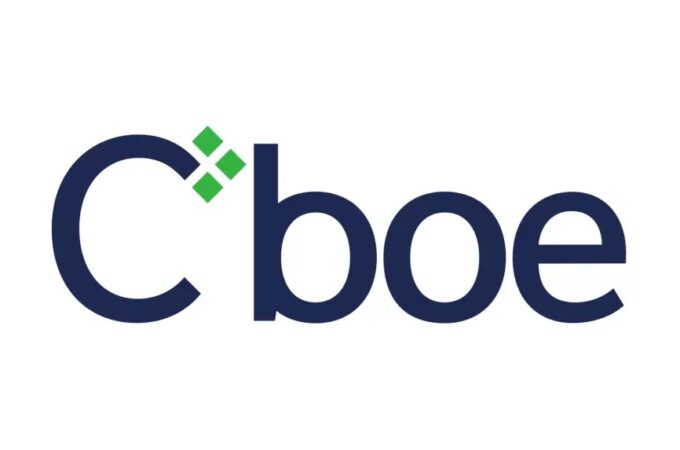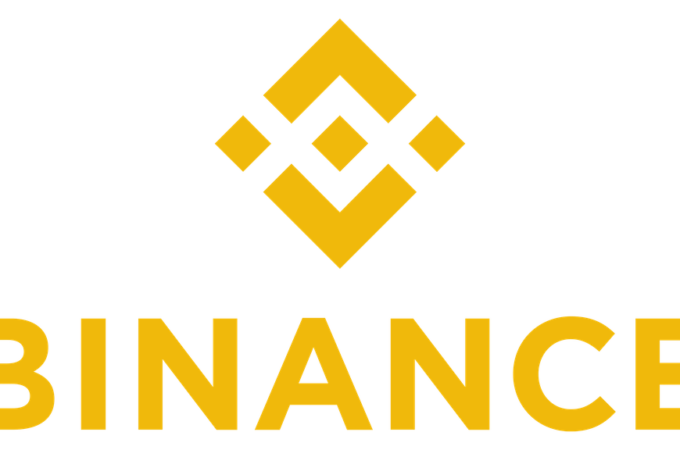
Fintech’s Role In The Rising Popularity Of Alternative Investments
Financial technology is fast becoming a driving force in alternative investments as people look for solutions to an economic downturn. For one, an investor can now conveniently access financial products and services to leverage investment opportunities.
With that, fintech companies are refining the banking services spheres to facilitate the growing demands of alternative investments. These changes allow prospective investors to review the market and decide what to add to their portfolio lists.
However, financial experts insist on due diligence before investing in any asset class. For example, reading the US gold bureau review is one way to get insights into alternative investments. It can help you avoid pitfalls, such as fraud, that can dent your financial wall.
Are you wondering what role fintech plays in the rising popularity of alternative investments? Continue reading to find more information.
1. Seamless Transactions
Fintech has become a fallback plan for capitalists looking for an efficient transaction when engaging in alternative investments. It offers fast access to banking services to enable early entry into asset ownership or market executions.
Aside from speedy exchanges, fintech provides a trading platform for digital assets and currencies to investors worldwide. Also, they have become a launch pad for new companies, such as Column, that mirror banking services to savvy and newbie investors.
2. Holdings Management
Venture capitalists have hands-on management of their portfolio through fintech platforms. You can monitor real-time data and happenings in your portfolio from the comfort of your home or office using intelligent devices, such as mobile phones. This can provide you with a convenient way to access insightful information about your investments, allowing you to make more informed decisions.
3. Access To More Asset Classes
Fintech companies are riding the digital economy wave to offer more alternative investment options to venture capitalists. You can acquire assets and use them for trading in other fintech platforms while collecting real-time profits and growing your portfolio.
In addition, fintech acts as a medium of exchange and creates arbitrage opportunities for investors. You can look for asset market price inefficiencies and transfer them to buyers joining the digital economy. Also, it’s possible to link your traditional and alternative investments through fintech to diversify and expand your holdings.
4. Eliminating Intermediaries
Investing in the traditional asset market requires you to appoint custodians to advise on the best possible assets you can buy. Fintech’s role changes this aspect by offering bespoke services to investors. You can rely on automated financial advice that offers well-researched data on the assets available in the market.
Additionally, artificial intelligence is a common feature that fintech uses to personalize alternative investments. This way, you can avoid paying consultation services and other charges on your portfolio.

5. Portfolio Security
Incorporating fintech can provide security to insulate investors from risks and unwanted exposure. It’d be worth noting that much like traditional investments, alternative investments also carry substantial risks, such as fraud. And so, intelligent contracts can help safeguard your portfolio through digital platforms, such as blockchains. In this case, you can get instant notifications of breach attempts on your portfolio account.
Moreover, fintech brings transparent fee structures that can guide investors when looking to indulge or transact in the digital economy.
6. Investor Education
Financial literacy is one of the driving forces of alternative investments at the heart of fintech. With sufficient knowledge, investors can approach the market with confidence and reap benefits in the long run.
With that in mind, fintech developers reviewed the traditional investment markets and flattened the learning curve for prospects and savvy investors. In addition, onboarding investors is a concern that developers have put at the forefront of their outreach program. They provided easy-to-use tools to accommodate newbie investors to make informed portfolio decisions.
Fintech companies also aim to demystify alternative investments by offering simulations and gaming options for education purposes.
7. Funding And Digitization Of Financial Services
Funding the traditional investment option can be capital-intensive and may discourage upcoming investors from joining the trade. Fintech changed the approach by allowing innovative ways to raise funds for projects. It enables fintech platform users to contribute to great ideas and projects before they start.
Crowdfunding, for instance, allows investors to pool funds toward alternative investment projects, such as real estate. You can partially own a piece of the development at an agreed percentage and during revenue distribution. However, due diligence is critical when using this avenue when building a portfolio.
Final Thoughts
Investors have options to diversify their portfolios and collect great returns through fintech. Moreover, the upsurge of alternative investments will thrive as long as technology continues to develop. You can ride this wave by researching the markets and making informed decisions. In addition, you must learn how to use the fintech services to maximize their potential benefits.





